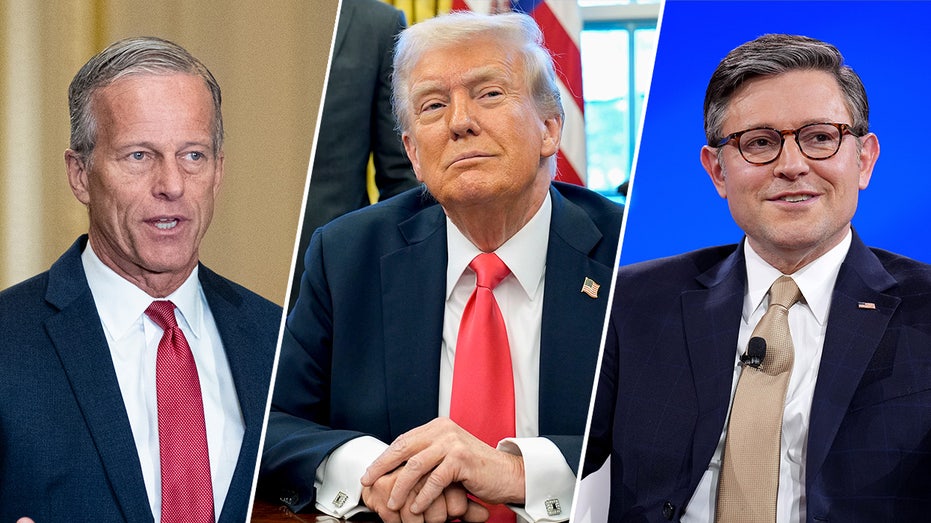Flashback: Elon Musk Criticized Trump and GOP for Not Cutting Spending—Here's What They Promised
Elon Musk challenges Trump and GOP over spending cuts, raising doubts about their debt reduction promises.

The ongoing clash between Elon Musk and former President Donald Trump has intensified, capturing the attention of both political insiders and the public at large. In a series of blistering social media posts this week, Musk lambasted the newly advanced spending bill, derisively labeling it a "disgusting abomination" and sharply criticizing Republican leaders in Congress for what he called a retreat from their promises to curb government spending.
Musk's criticism was not limited to President Trump; he drew in other top Republicans including Senate Majority Leader John Thune of South Dakota and House Speaker Mike Johnson of Louisiana, raising pointed questions about their commitment to fiscal restraint. The billionaire accused the congressional leadership of falling short on their vows, especially after the bill’s projected $1.5 trillion in cuts came under scrutiny. "Has the zeal to cut spending disappeared?" Musk questioned publicly, adding fuel to an already heated debate in Washington.
Republicans have been quick to defend the legislation, emphasizing its broad ambitions. Trump, campaigning for a return to the White House, reaffirmed his stance against wasteful spending and criticized the current administration for what he sees as fiscal mismanagement. “We will stop wasteful spending and big government special interest giveaways, and finally stand up for the American taxpayer,” Trump declared at a recent rally, promising significant deficit reductions and robust economic growth if re-elected.
Senate Majority Leader Thune echoed these sentiments, touting the bill’s record-breaking spending reductions alongside provisions for military modernization, border security, and tax relief. "It does everything that we set out to do," Thune said, referencing the agenda items central to many GOP campaigns. He insisted that the bill represents a step forward in reigning in federal expenditures while simultaneously strengthening America's economic and strategic posture.
Meanwhile, Speaker Johnson has had to navigate razor-thin margins in the House to amass enough support for the measure. By striking compromises and addressing concerns across the GOP spectrum, Johnson emphasized the bill’s $1.5 trillion in targeted cuts and underscored the party’s renewed focus on eliminating waste, fraud, and abuse. “This is the beginning of a process," Johnson remarked. "You’re going to see a continuing theme of us identifying waste, fraud and abuse in government, which is our pledge of common sense, restoring fiscal sanity.”
Despite the legislation’s ambitions, Musk’s skepticism has resonated with some conservatives who remain wary of another mammoth spending package. His own experience spearheading the Department of Government Efficiency (DOGE) was cited as evidence of how difficult it is to root out entrenched bureaucratic waste. Musk had set a goal of $2 trillion in savings but managed just $160 billion in identified cuts during his brief stint in public service—a stark illustration, he argued, of the challenges facing any administration determined to overhaul Washington’s finances.
As the bill now moves through the Senate, the spotlight remains firmly fixed on the Republican leadership. The debate has not only exposed divisions within the party but also highlighted the enduring challenge of balancing political promises with legislative realities. With the national debt approaching $37 trillion, the pressure is mounting for lawmakers to translate tough talk into substantive action—something both Musk and fiscal hawks across the country will be watching closely in the weeks ahead.




